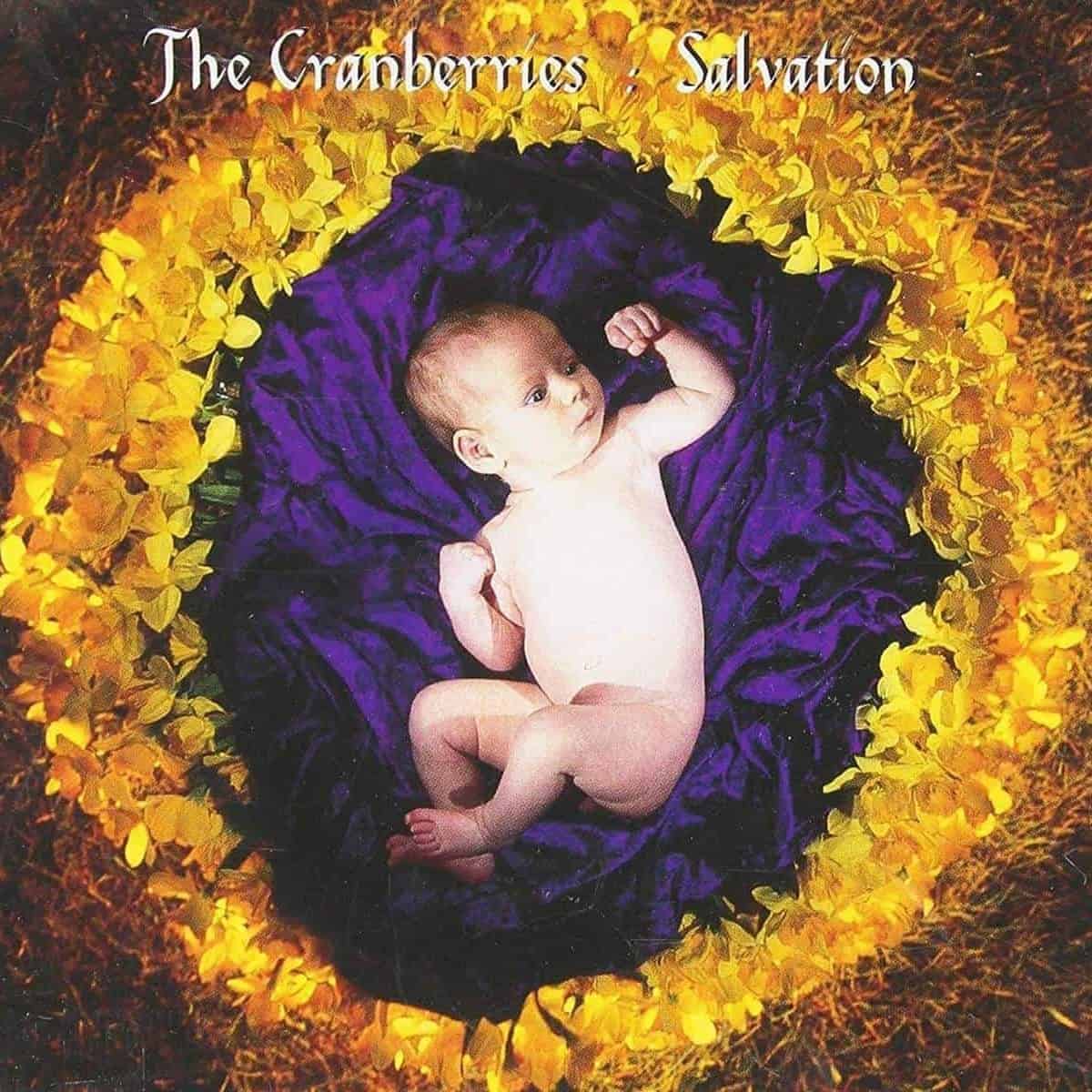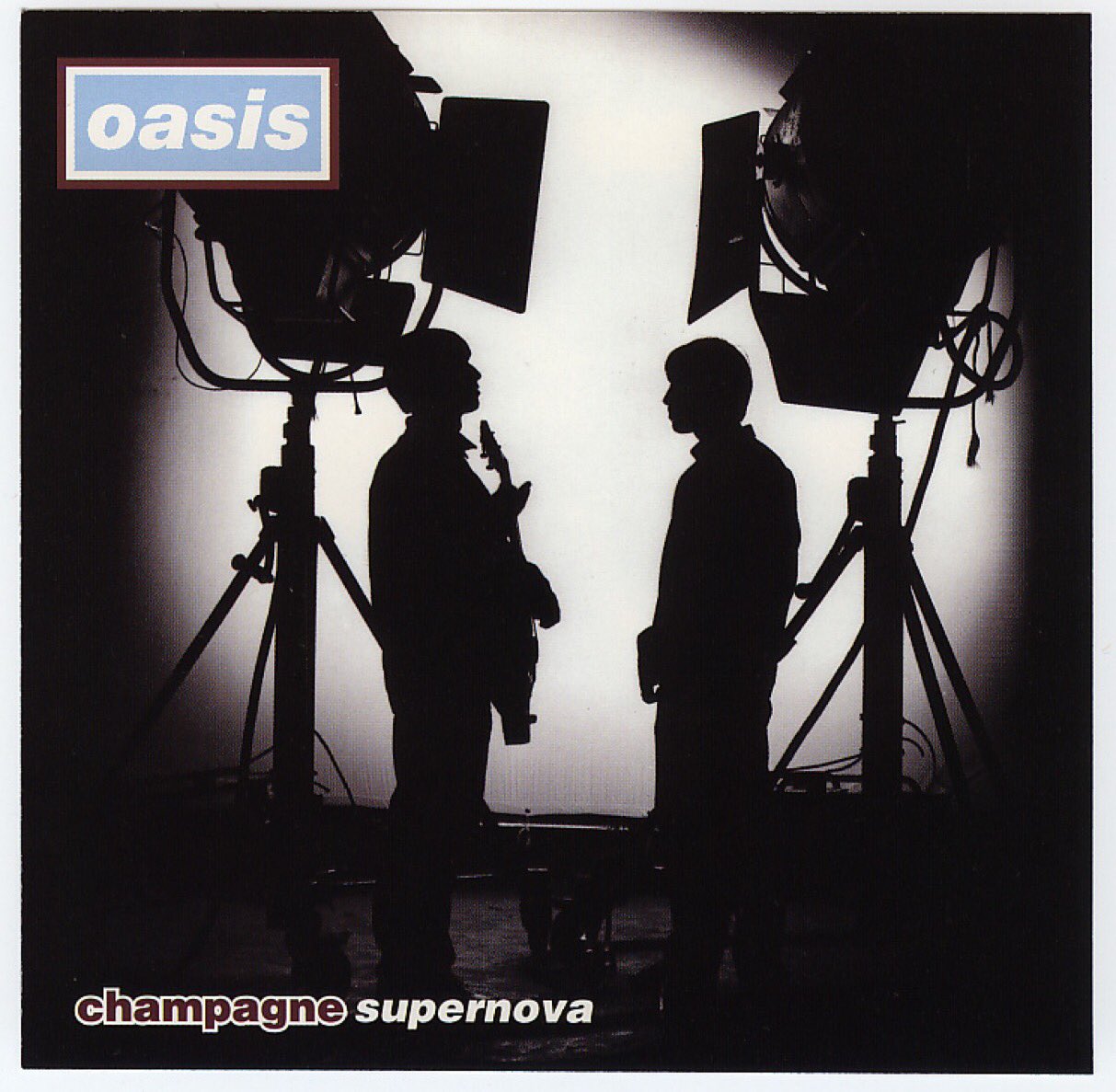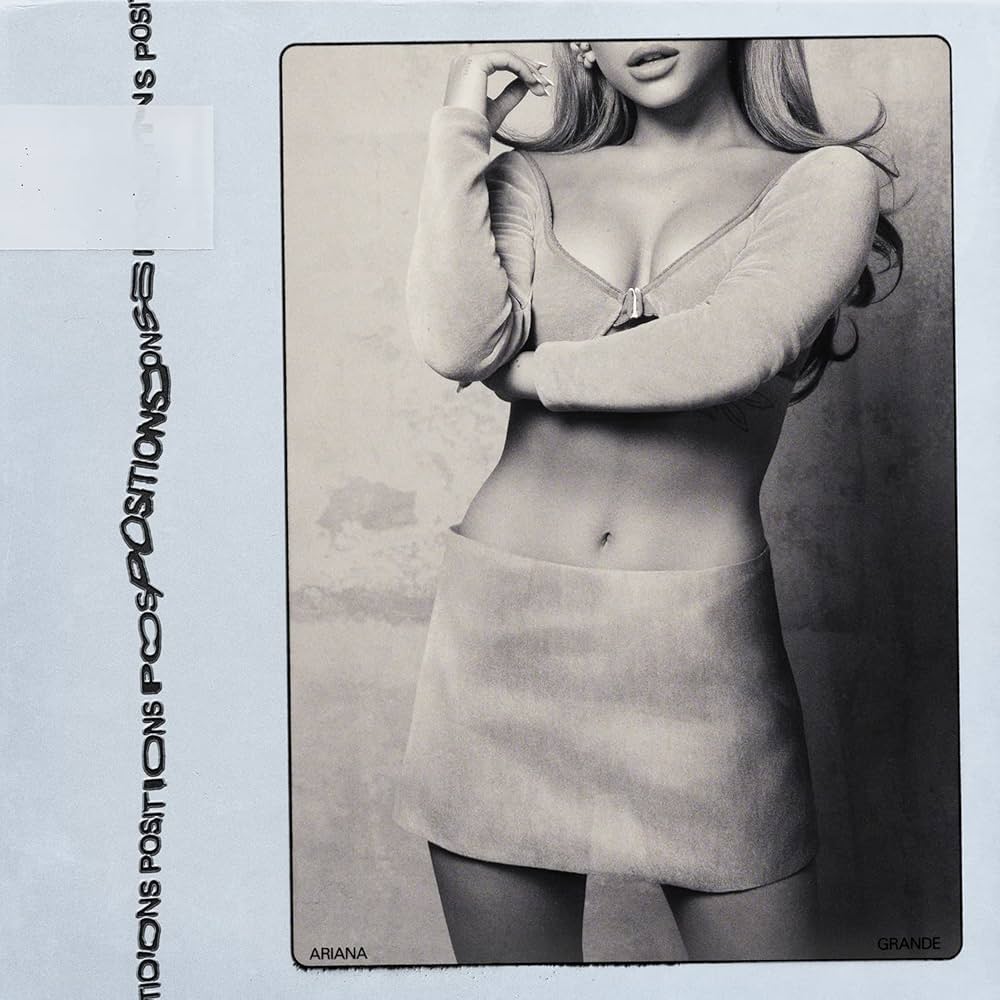In The Number Ones, I'm reviewing every single #1 single in the history of the Billboard Hot 100, starting with the chart's beginning, in 1958, and working my way up into the present.
Helen Reddy - "I Am Woman"
HIT #1: December 9, 1972
STAYED AT #1: 1 week
"Hear me roar," says the song. But the song itself doesn't roar. It sort of pleasantly chirps. It's not a song about power-politics, about seizing agency from your oppressors -- or, at least, that's not how it presents itself. Instead, it's sunny and optimistic. It's a song that imagines a better tomorrow. It's an affirmation, not a declaration.
I don't know how many times I encountered the phrase "I am woman, hear me roar" before I realized that it came from a song. By the time I was a kid, Helen Reddy's actual song "I Am Woman" had mostly faded from the cultural conversation, but the phrase itself remained. You'd see it as, like, a Bloom County punchline. It's a great phrase, though plenty of people later used it as a two-dimensional cartoon for the entire idea of feminism. And looking back on it, it's amazing how friendly this early form of pop feminism was.
The feminist songs of my youth -- radio songs like No Doubt's "Just A Girl" or Hole's "Doll Parts," or underground anthems like Bikini Kill's "Rebel Girl" or 7 Year Bitch's "Dead Men Don't Rape" -- were angry and sad and sardonic and adrenaline-charged. "I Am Woman" is none of those things. Instead, "I Am Woman" is a song about recognizing and welcoming endless possibility, and it's made to fit the chintzy contours of early-'70s adult-contemporary radio. Maybe that's why it struck such a chord at the time, and maybe that's why the song doesn't show up as often as a whole lot of other early-'70s hits now.
Helen Reddy was born into a family of vaudeville performers in Melbourne, and she was a young single mother by the time she moved to the US, where she was trying to get some kind of career going. At a New York rent party, she met and almost immediately married Jeff Wald, a younger man who soon became her manager. They scraped by for a few years, with Reddy supporting the family by doing low-paying singing gigs. Eventually, they moved to Los Angeles, and she scored a deal with Capitol. A 1971 cover of the Jesus Christ Superstar song "I Don't Know How To Love Him" made it up to #13. Capitol wanted Reddy to make an album, but she couldn't find 10 songs that, as Reddy said in a decades-later interview, "said what I thought being woman was about." So she wrote one.
Reddy co-wrote "I Am Woman" with the Australian guitarist Ray Burton. She wrote the lyrics, and he wrote the music, though they've since told conflicting stories about whose idea the song was or who should get more of the credit. Reddy got some resistance to the very idea of the song. (Jeff Wald, who divorced Reddy in 1983, tells a story about a record exec making dismissive sexist comments and how he, Wald, felt compelled to piss on the exec's desk, right in front of him. This seems unlikely.) The single initially didn't do well, though it got a slight boost when it played over the end credits of the comedy Stand Up And Be Counted. The song's success took a while, and it was out for months before it got to #1.
But even if it didn't happen immediately, "I Am Woman" did catch a zeitgeist. 1972 was an important early moment in the American feminist movement, and Gloria Steinem relaunched Ms. magazine the same year. That message, naïvely sunny and optimistic though it may have been, resonated. I'm pretty sure it's that message, not the song itself, that got "I Am Woman" to #1. The song is a perfectly decent piece of early-'70s popcraft. The strings and backing vocals swell up nicely on the chorus, and I like the punchy horns and Burton's twangy riff. As a singer, Reddy shows a whole lot of personality in a relatively understated way, sing-speaking like a Broadway pro. But this is still pure AM-radio pop cheese, and little touches like the tootling flute on the intro have not aged well.
But the message does elevate the song. These days, we're used to hearing pop-culture messages of bland empowerment, but nobody was really doing this before that early-'70s moment. And Reddy sells those messages. She belts out the lines with lounge-singer brio, but the lines themselves are about struggle: "Oh yes, I am wise / But it's wisdom born of pain / Yes, I've paid the price / But look how much I gained." In Reddy's song, that struggle is something to be embraced. No wonder it caught on.
Reddy steered into it, too. When she won a Grammy for the song, she thanked "God, because she makes everything possible." And I guess that line was a roar, too. Roars were different then.
GRADE: 6/10
BONUS BEATS: On a 1995 episode of David Letterman's Late Show, there was a pretty great running joke where Reddy would keep interrupting the show by bursting onstage and singing "I Am Woman." Here's the supercut:
BONUS BONUS BEATS: Here's MC Lyte quoting Reddy's "I Am Woman" on her own song "I Am Woman," a track from her 1988 album Lyte As A Rock:
(MC Lyte's highest-charting song is the Xscape collab "Keep On, Keepin' On," which peaked at #10 in 1996. It's a 7. Lyte also rapped on Janet Jackson's "You Want This," which peaked at #8 in 1994. It's another 7.)
BONUS BONUS BONUS BEATS: Here's the scene from the 2010 movie Sex And The City 2 where the movie's four women all sing "I Am Woman" together at what appears to be an extremely fancy karaoke place:






